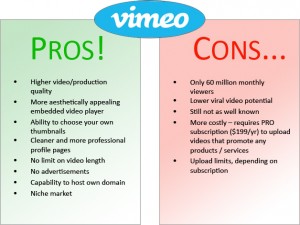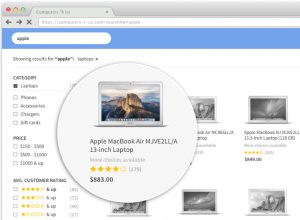The pandemic has been brutal for everyone, but imagine starting your very first job out of college from home, remote from your co-workers who you have never met in person. Gen Z is our workforce’s future, and their careers are off to a very unusual start. Ten Spot’s recent employee engagement and productivity survey revealed some startling and compelling insights about today’s Gen Z workers’ mindset and the challenges they are facing. To start, 54% of Gen Z say their biggest remote work challenge is feeling less productive – a 14% spike over any other generation of workers.
So, what can companies be doing to make sure Gen Z workers are not only acclimating to professional life but doing it successfully during such an unprecedented time? Ten Spot has some suggestions that might help make a difference with the newest generation to hit the workforce.
Begin with the Basics
Employees fresh out of college might not have a fully furnished living space, let alone a home office. Employers need to ensure their employees have a decent home office set-up. A desk, mouse, keyboard, and monitor are basic pieces of equipment that can significantly impact an employee’s productivity. Additionally, make sure employees have a reliable internet connection. 39% of those polled, including Gen Z, were consistent in their report that 39% were struggling with spotty internet/wifi.
Make Sure They Feel Like Part of the Team/Company
Often when someone starts a new job, they get taken to lunch on their first day, have coffee chats set up with team members, and there might even be a weekly company lunch or happy hour that gives new employees a chance to get to know their colleagues and make friends. With these social opportunities no longer an option, virtual social events have become critically important to maintaining company culture. Gen Z is hungry for a virtual social life with coworkers, as 40% want group video chats and 40% want virtual social activities. To give their employees an outlet to maintain friendships and get to know new colleagues, many companies have successfully implemented a wide range of virtual social activities. Popular activities include mixology-class happy hours, skincare spa events, live virtual entertainment, cooking, fitness, and meditation classes.
Meet Their Needs for Mental Health, Wellness & More
One of the more concerning things we discovered from Gen Z’s survey results is what they feel impacts their productivity and engagement. Nearly half (48%) of this generation is bored with their work, 39% say they have a short attention span, and 33% say they aren’t sleeping well. While these would hinder work performance, they are also a flag for potential mental health and wellness issues.
That said, Gen Z is open to and seeking help with mental health and wellbeing. They want virtual events, classes, apps, and other benefits that holistically support them – from meditation to therapy to fitness classes. Offering subscriptions to apps and services like Calm, Headspace, and arming them with a health tracker like a FitBit, and investing in some virtual events to reduce stress and anxiety at work and home could go a long way for this future workforce.
Bring the Free Food Work Perks Home
Let’s face it, entry-level salaries can be tricky to live off, and the free snacks in the kitchen at work and occasional free lunch often help Gen Z out with their food budgets. However, now that everyone is working from home, those snacks and weekly team lunches have evaporated. With this in mind, it’s no surprise that 41% of Gen Z respondents say that meal delivery benefits would help them right now. But, no one can live on take-out alone. The food-benefit route offers a range of options like food delivery gift certificates, Community Supported Agriculture (CSA) box subscriptions, meal-kit subscriptions, or even snack box subscriptions.
Don’t Brush Training, Skills & Career Development to the Side
Right now, only 20% of Gen Z is interested in investing in their career growth and development with training sessions and skills development, but this doesn’t mean that they don’t want to learn. It just means they want to learn on their terms, at their own pace, in their own way. One of the best ways for companies to maintain their training programs during this time is to provide flexible learning options, even bringing training online or making it video-based so employees can complete them when it’s most convenient for them.
Business & Finance Articles on Business 2 Community
(10)
Report Post






